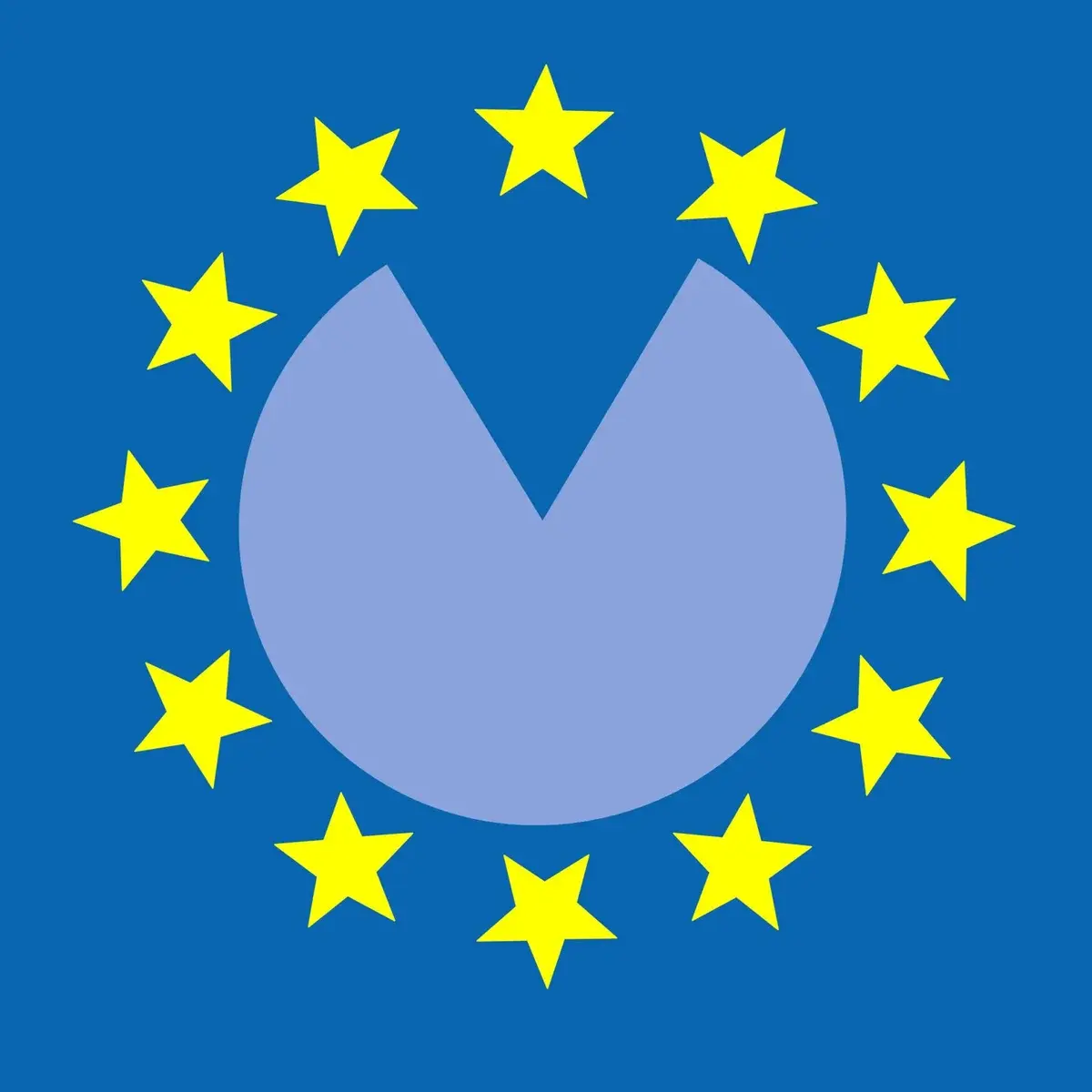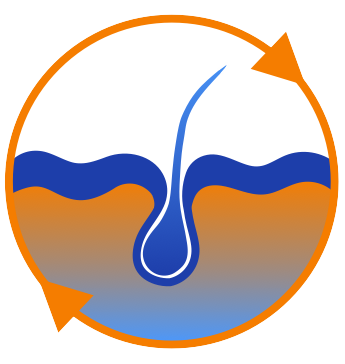Invited Speakers
A preliminary list of confirmed speakers
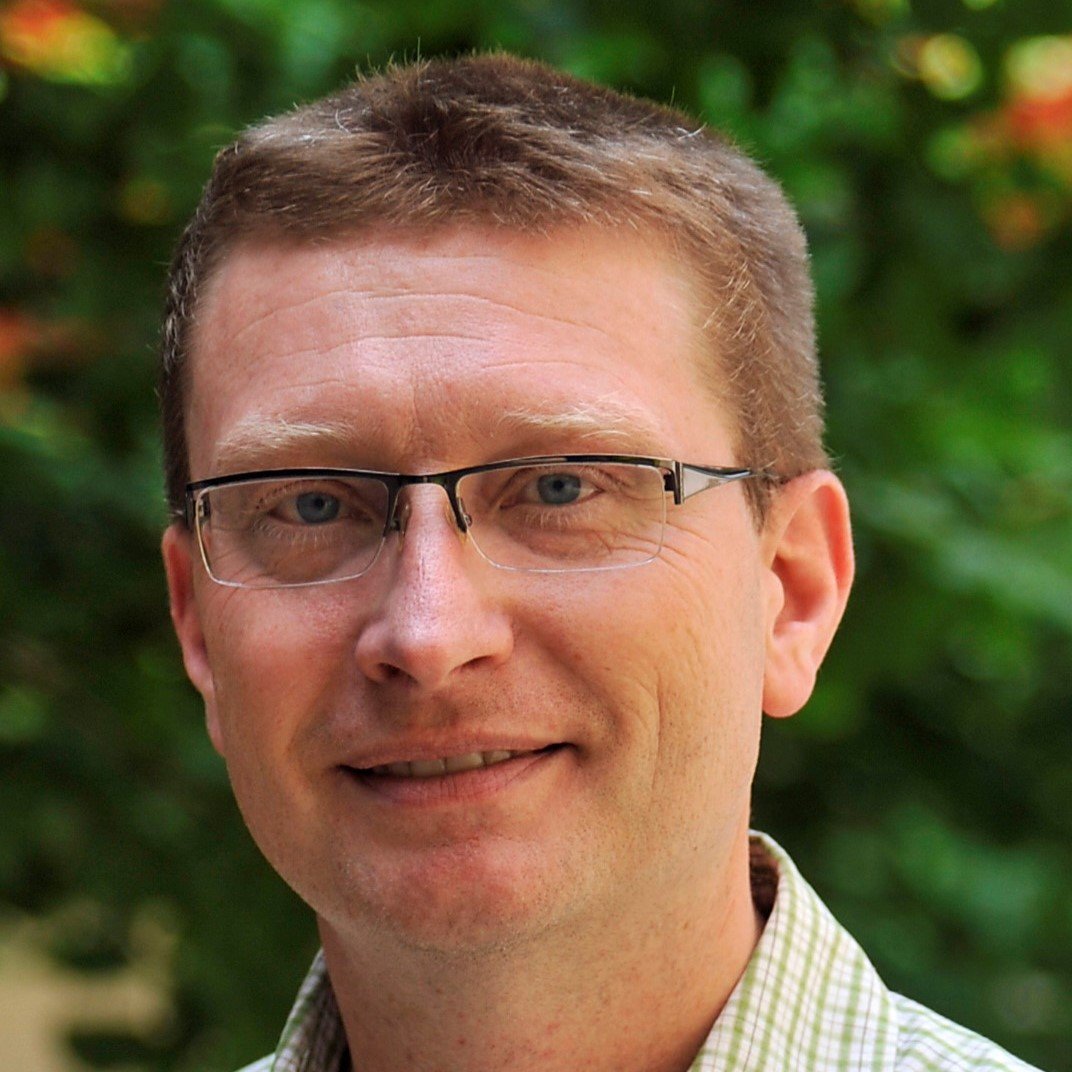
Prof. Dr. Boris Hinz
Keenan Research Chair in Fibrosis Research, Distinguished Professor in Tissue Repair and Regeneration
St. Michael’s Hospital and University of Toronto
CANADA
About
Boris Hinz is the Keenan Research Chair in Fibrosis Research at St. Michael’s Hospital and University of Toronto Distinguished Professor in Tissue Repair and Regeneration. He is appointed with the Faculties of Dentistry, Medicine, and Biomedical Engineering. Dr. Hinz holds a PhD degree (1998) in Cell Biology and Theoretical Biology from the University of Bonn, Germany. From 1999 to 2002, he was postdoctoral fellow with Dr. Giulio Gabbiani, Department of Experimental Pathology, University of Geneva, Switzerland. He then lead a research group at the Ecole Polytechnique Fédérale de Lausanne (EPFL), Switzerland, joining Cell Biology, Biophysics, and Bioengineering. Dr. Hinz was nominated Maître d’enseignement et de recherche (Assistant Professor level) in 2006 and recruited by the University of Toronto in 2009 as Associate Professor (now Full Professor).
Read more
Dr. Hinz is secretary and inaugural board member of the Canadian Connective Tissue Society, board member of the International Dupuytren Society and the Canadian Dupuytren Society. He has been president and board member of the European Tissue Repair Society and was board member of the Wound Healing Society. He is Editor-in-Chief (basic science) of the journal “Wound Repair and Regeneration”, Section Editor of the “Journal of Investigative Dermatology”, Associate Editor of “Biochemistry and Cell Biology”, and editorial board member of “Matrix Biology”, and ‘Experimental Dermatology’.
Dr. Hinz studies the role of contractile myofibroblasts in physiological tissue repair and in causing pathological tissue fibrosis. The findings of the Hinz lab are published in high-ranked journals, for instance Cell, Nature Medicine, Cell Stem Cell, Nature Biomedical Engineering, and Nature Materials. His 154 peer reviewed articles, 15 book chapters and 2 edited books collectively received >37,000 citations with an h-index of 82. He was invited to >325 seminar and conference talks plus >400 congress abstracts presented by his trainees.
His research led to the creation of two startup companies specialized in anti-fibrotic coatings for silicone implants and novel “soft” cell culture devices. Dr. Hinz’ research is currently funded by a multi-project Foundation Grant from the Canadian Institutes of Health Research (CIHR), CIHR operating funds, the Canada Foundation for Innovation (CFI), the Ontario Research Foundation (ORF), and MITACS (Mathematics of Information Technology and Complex Systems).
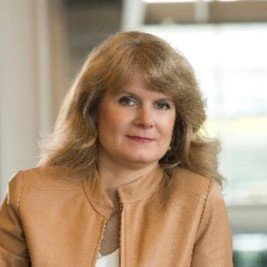
Prof. Dr. Patricia Dankers
Professor in Biomedical Materials & Chemistry
Eindhoven University of Technology
THE NETHERLANDS
Patricia Dankers is professor in Biomedical Materials & Chemistry at TU/e. She studied chemistry in Nijmegen. Her PhD studies in chemistry were performed with prof. E.W. (Bert) Meijer (2006).
She worked for SupraPolix, and the University Medical Center Groningen. Her second PhD thesis work in medical sciences was performed in Groningen (2013). She worked at Northwestern University, Chicago, USA (2010).
She received Veni, Vidi & Vici (2008, 2017, 2023) and ERC starting & ERC PoC (2012, 2017) grants. She has been awarded the KNCV Gold Medal (2020) and Ammodo Award (2021).
She is co-founder of the spin-off companies UPyTher (2020) and VivArt-X (2022).
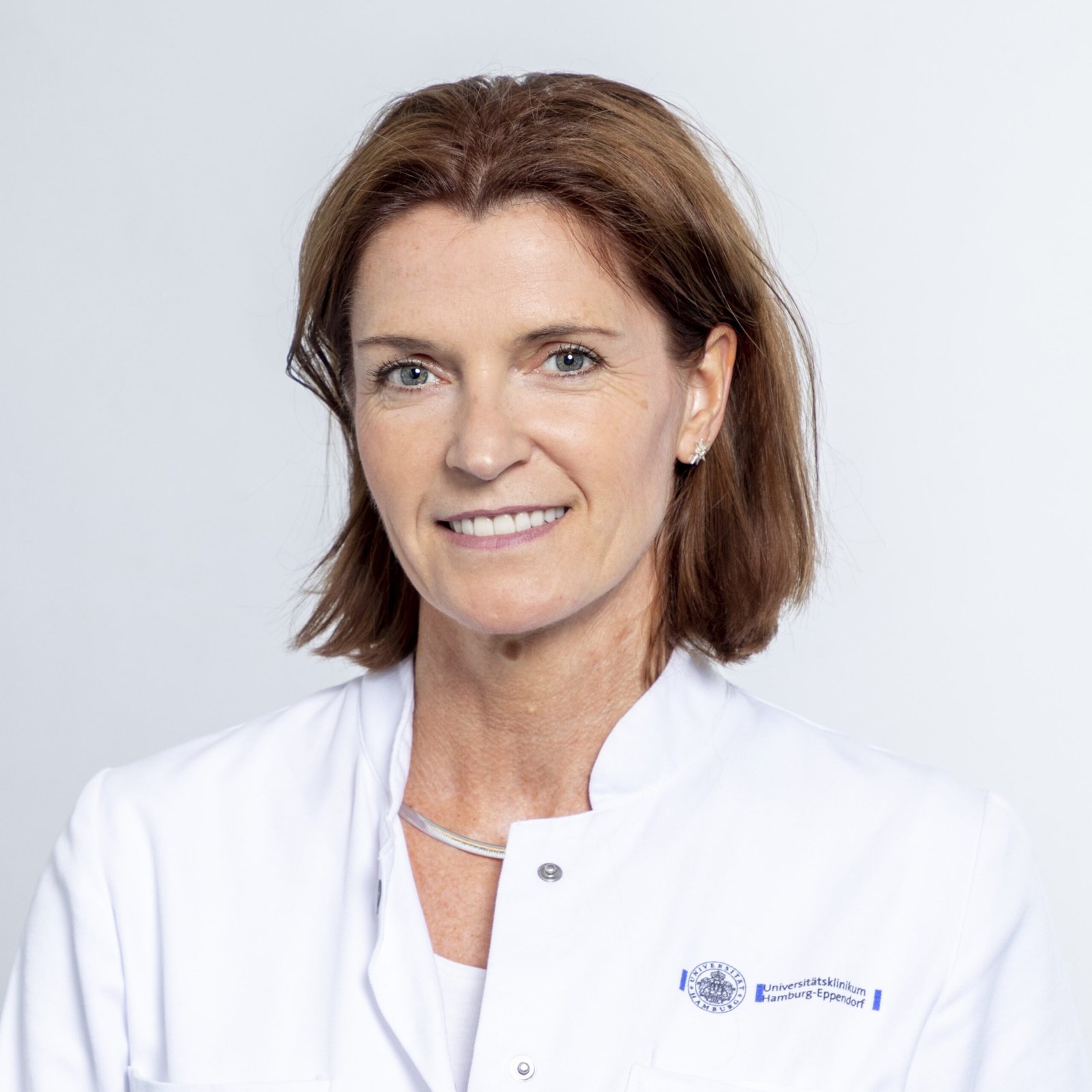
Prof. Dr. Ewa Stürmer
Surgical Head
University Medical Center Hamburg-Eppendorf (UKE)
GERMANY
Ewa Klara Stuermer is the surgical head of the Comprehensive Wound Center (CWC) at the University Medical Center Hamburg-Eppendorf (UKE) in Germany where she also headed the Translational Wound Research Lab.
She graduated from the University Essen-Duisburg in 1996 and served as a General Surgeon, Trauma Surgeon and Orthopedist from 2001 to 2011 at the University Medical Center Goettingen, Germany. At the same time, she managed the basic research lab of the Trauma Center there.
She has been working as a Professor of Translational Wound Research at Witten/Herdecke University from 2015 to 2020. Afterwards, she was appointed professor for Translational Wound Research at the UKE. She is also a member of the EWMA council, of the German Society for Surgery, of the German Wound Council (Board), and of the Chronic Wounds Initiative (Advisory Board).
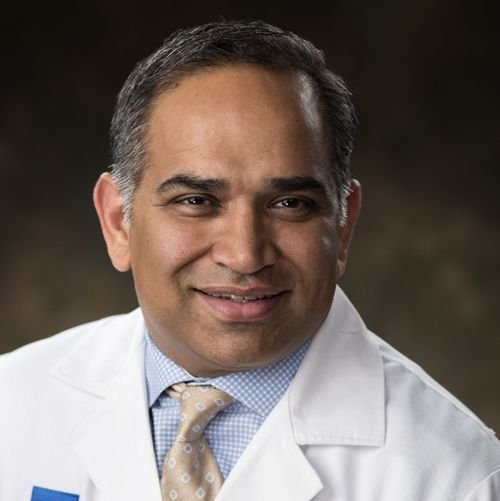
Sundeep G. Keswani, MD, MBA, FACS, FAAP
WHS President
Texas Children’s Fetal Center, Division of Pedriatic Surgery
USA
Dr. Sundeep Keswani is Chief of Pediatric Surgery and holds the Clayton Endowed Chair in Surgical Research at Texas Children’s Hospital. He oversees a 12,000 sq. ft. multidisciplinary laboratory that investigates the interaction of inflammation and extracellular matrix to develop regenerative therapies for the human response to injury.
He has been continuously funded by the NIH since 2010. Dr. Keswani has mentored over 60 postdoctoral fellows, residents, medical students, and undergraduates in his lab, and currently serves as the primary mentor for two K08 awardees. He has published over 150 peer-reviewed articles.
His clinical areas of expertise are in fetal diagnosis and therapy, as well as ECMO, congenital diaphragmatic hernia, and the management of congenital lung malformations. Currently, he serves on the executive committee of the Board of Governors for the American College of Surgeons and is the current president of the Wound Healing Society.
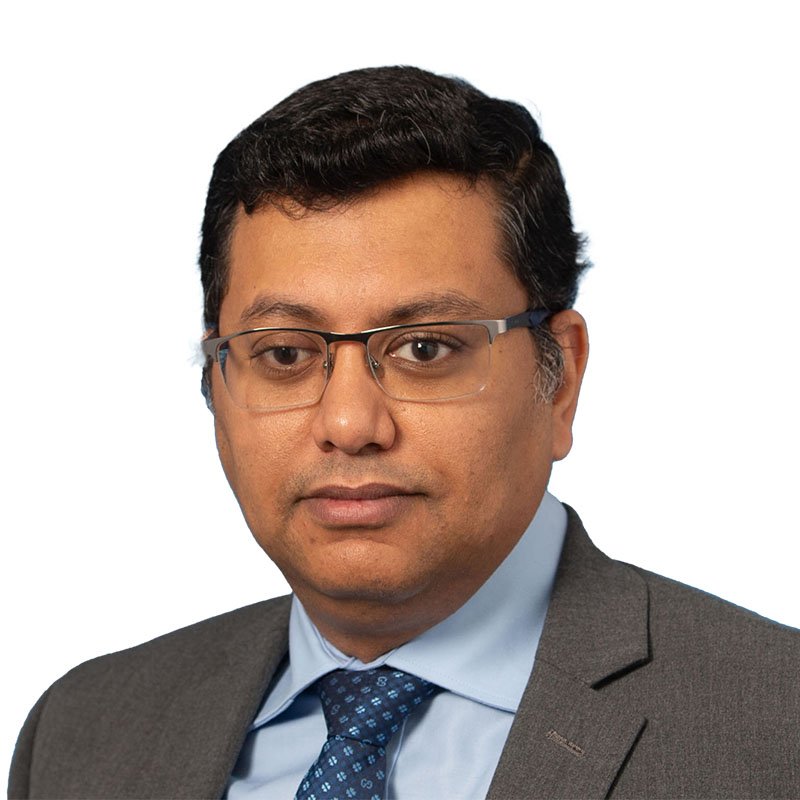
Dr. Subhadip Ghatak
Associate Professor for Regenerative Medicine
Indiana University, University of Pittsburgh
USA
Dr. Ghatak is an Associate Professor at the McGowan Institute for Regenerative Medicine, University of Pittsburgh. Dr. Ghatak’s NIH-funded research focuses on exosome-mediated intercellular crosstalk in tissue regeneration and repair and the role of miRNA in wound healing. Efficient wound healing relies on successful crosstalk via exosomes between the resident cells and blood-borne immune cells. Dr. Ghatak developed specialized genetic tools for labeling cell-specific exosomes to study the significance of intercellular crosstalk in tissue repair.
Dr. Ghatak has contributed over forty-five peer-reviewed publications. He is an active member of NIH of Extracellular Vesicles (EV) interest Group and EV-TRACK task force working group 3. He is an editorial board member for Frontiers in Medicine and Antioxidants & Redox Signaling and Extracellular Vesicles and Circulating Nucleic Acids.
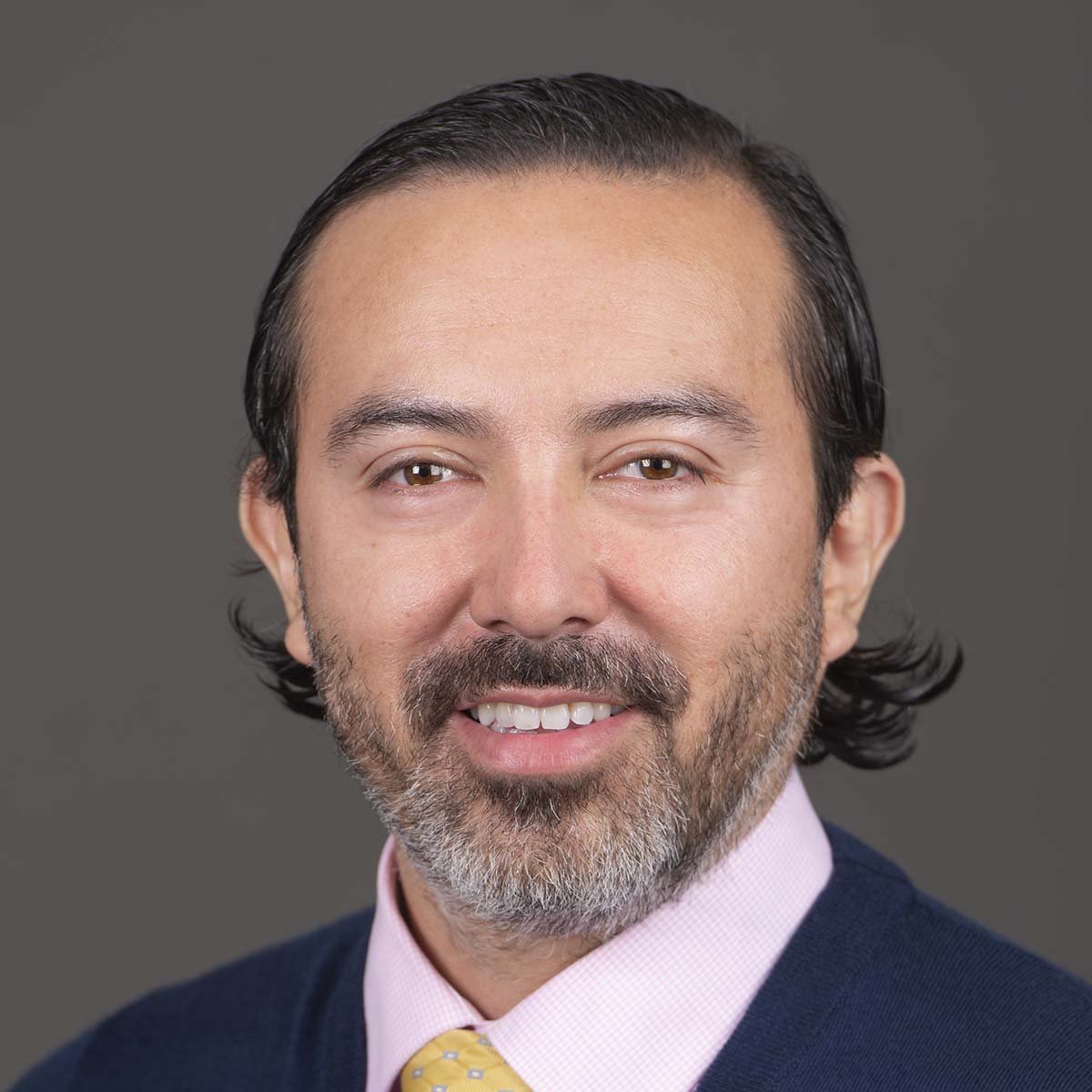
Dr. Alex Ortega Loayza
Associate Professor of Dermatology
Oregon Health & Science University
USA
Dr. Ortega is currently an Associate Professor of Dermatology at Oregon Health and Science University. He is particularly interested in the treatment of inflammatory skin conditions and atypical wounds. His main area of research is pyoderma gangrenosum (PG).
Dr. Ortega has been granted the first independent investigator grant (R01) from the NIH to study this disease which has also opened a new research portfolio for NIAMS. He leads national and international initiatives on clinical research and outcome measures to study PG; one which is the UPGRADE (Understanding Pyoderma Gangrenosum Review of Adverse Disease Effects) initiative.

Dr. Dongsheng Jiang
Principal Investigator
Shanghai General Hospital, Shanghai Jiao Tong University
CHINA
Dr. Dongsheng Jiang is a Principal Investigator at Shanghai General Hospital, Shanghai Jiao Tong University since December 2023. He holds a PhD in Life Science from the National University of Singapore and completed postdoctoral training at Ulm University, Germany.
Previously, he served as a research scientist and deputy director at the Institute of Regenerative Biology and Medicine at Helmholtz Munich. Dr. Dongsheng Jiang’s research centers on understanding the functional heterogeneity of fibroblasts in skin development and tissue repair, with a focus on achieving fibrosis-free tissue regeneration.
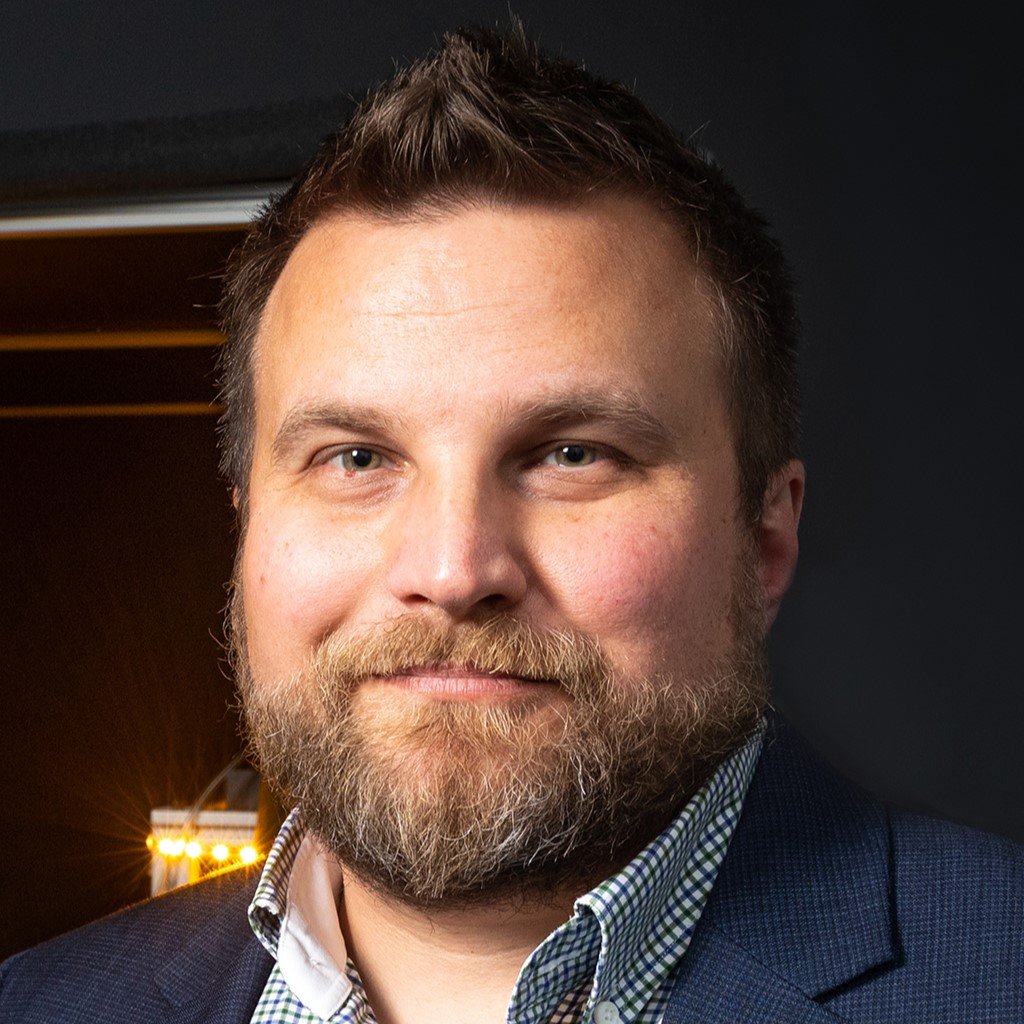
Dr. Kyle Quinn
Professor of Biomedical Engineering, Director
University of Arkansas, Arkansas Integrative Metabolic Research Center (AIMRC)
USA
Kyle P. Quinn, PhD, is a tenured professor of biomedical engineering at the University of Arkansas and director of the Arkansas Integrative Metabolic Research Center (AIMRC).
His overall research interests are in developing and utilizing quantitative optical methods to characterize the spatiotemporal patterns of disease progression and tissue repair.
He received the NSF CAREER award in 2018, and his laboratory has been continuously funded by the NIH. In 2021, he established the AIMRC, an NIH-designated Center of Biomedical Research Excellence. The AIMRC integrates optical imaging, bioenergetics, and data science approaches to solve biomedical problems involving metabolism.
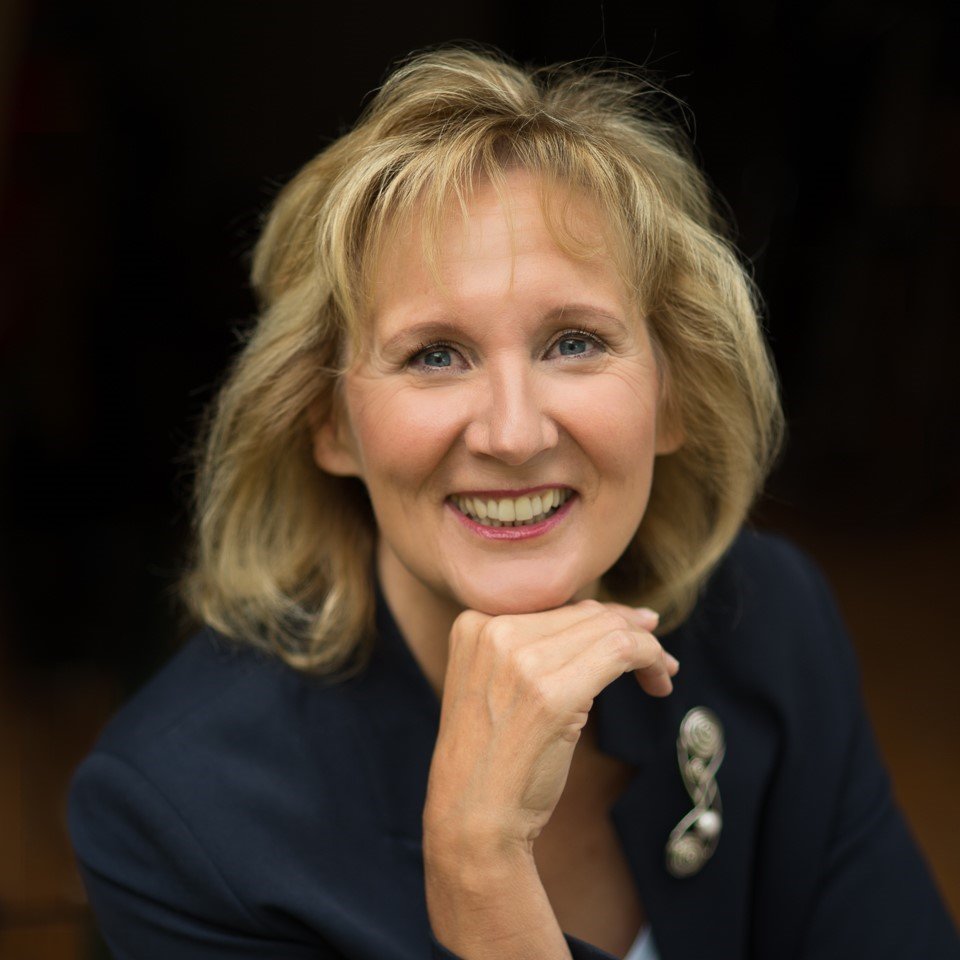
Prof. Dr. Esther Middelkoop
Professor of Skin Regeneration and Wound Healing
Alliance of Dutch Burn Centres, Amsterdam UMC, Vrije Universiteit Amsterdam
THE NETHERLANDS
Professor Dr. Esther Middelkoop studied chemistry at the University of Utrecht,
and obtained a PhD in biochemistry.
She supervises the skin tissue engineering projects of the Alliance of Dutch Burn Centres, and holds a chair in Skin Regeneration and Wound Healing at the Amsterdam UMC, Vrije Universiteit Amsterdam, Department of Plastic, Reconstructive and Hand Surgery in Amsterdam.
Her special research focus is on Tissue Engineered Skin and Skin Replacement Materials, both in basic and in clinical research. Esther Middelkoop published > 190 scientific papers and is co-editor of the Open Access book: Textbook on Scar management. She is active in several scientific societies, editorial board member of Wound Repair and Regeneration and board member of the Global Scar Society.
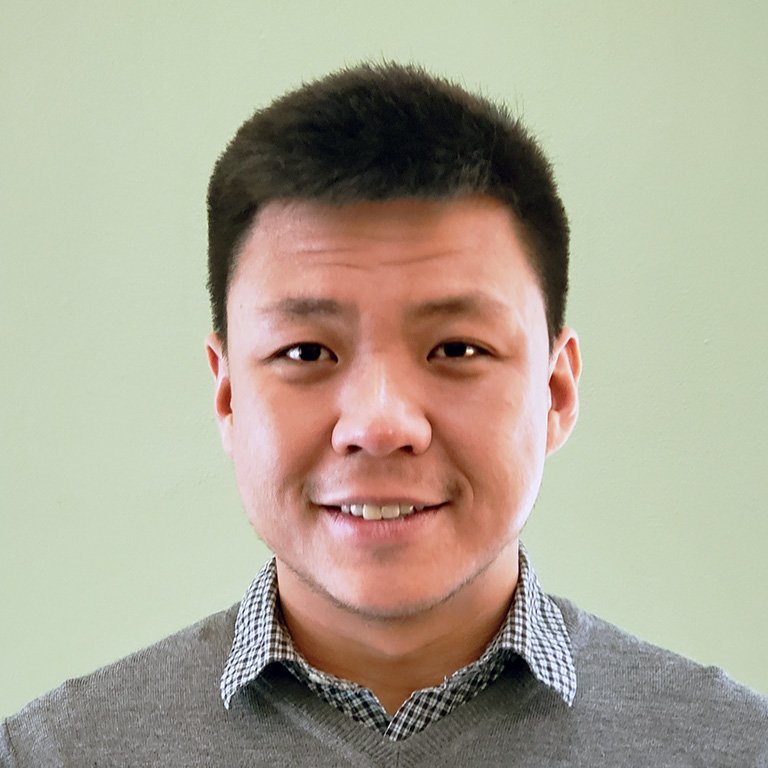
Dr. Alex Cheong
Postdoctoral Research Fellow of Microbiology
Wisconsin Institute of Discovery, University of Wisconsin–Madison
USA
Alex Cheong is a postdoctoral research fellow at the Wisconsin Institute of Discovery at the University of Wisconsin–Madison studying resistance and resilience in a model microbial community.
He obtained his PhD in Microbiology from the University of Wisconsin–Madison, studying microbial interactions in diabetic foot ulcers in the lab of Dr. Lindsay Kalan.

Dr. Ana Carolina Figueira
Lead Researcher
LNBio – CNPEM
BRAZIL
Ana Carolina Migliorini Figueira, PhD, is a Lead Researcher at LNBio – CNPEM (Campinas, Brasil). Graduated in Biological Sciences and pHD in Biomolecular Physics, has expertise in Biochemistry, Cellular and Molecular Biology, Structural Biology, Biophysics, and Tissue Engineering.
Conducts research line in tissue engineering applied in advanced materials and in the development of new approaches methodologies using microphysiological systems. As coordinator of 3D Culture and Microfluidics platform, she leads projects in metabolic syndrome, diabetes, and tissue bioengineering focusing in skin and cardiac regeneration, and in the development of in vitro assays.
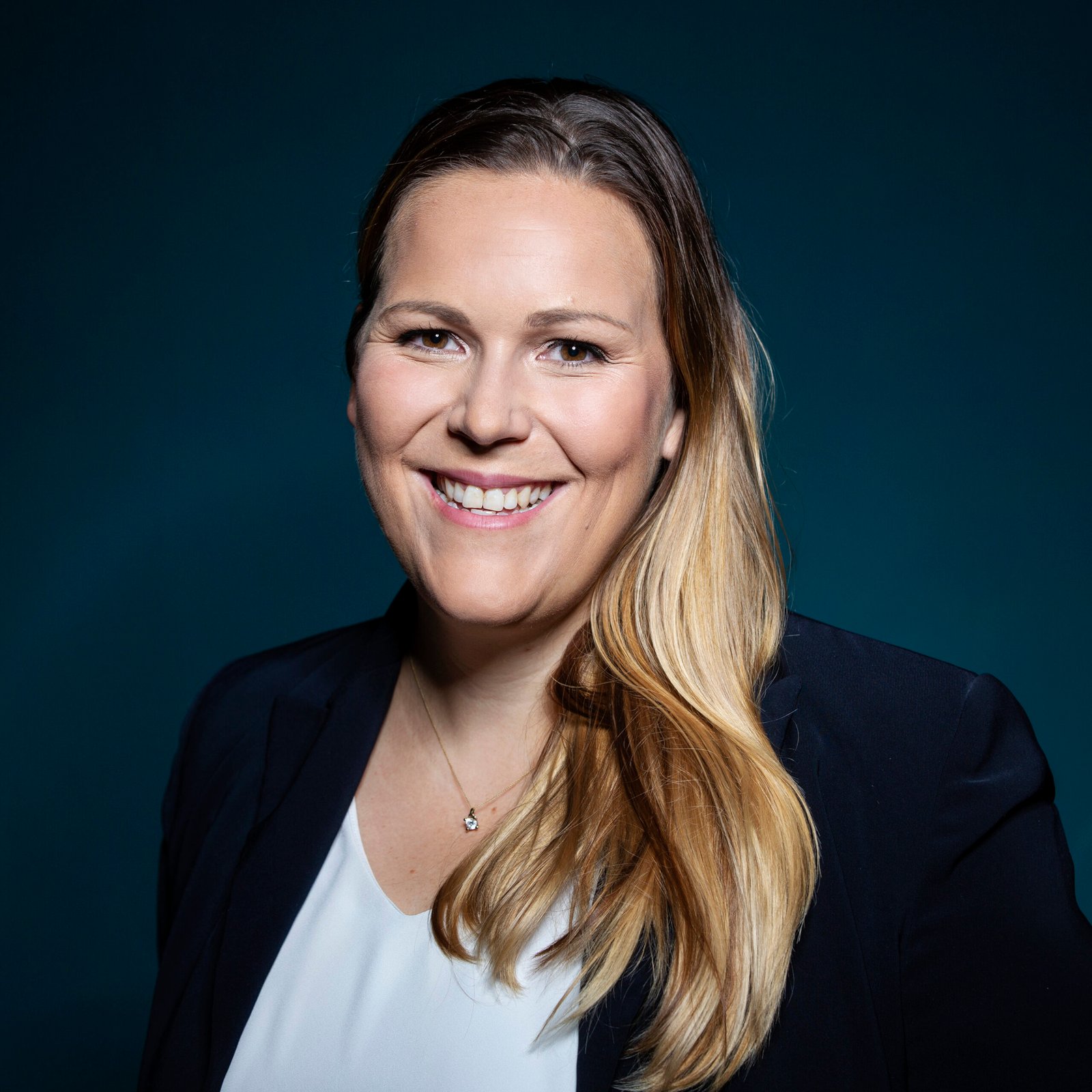
Dr. Claudia Doberenz
Head of Innovation, Development & Regulatory Affairs
MedSkin Solutions Dr. Suwelack AG
GERMANY
Claudia Doberenz is Head of Innovation, Development & Regulatory Affairs at MedSkin Solutions Dr. Suwelack AG. In this role she is responsible for leading the team of medical device development & Regulatory Affairs, managing the Innovation portfolio as well as building a great network in the field of Soft, Strong & Hard Tissue engineering. The team is working from the field of market scoping to the initial idea of a product until the regulated development and scale up of the final device. The life cycle management of the products as well as the fulfilment of international requirements is an important part of the team.
She holds a PhD in Biology from the Martin Luther Universität Halle/Wittenberg in Germany and has a strong background in microbiology, cell biology and general biochemistry.
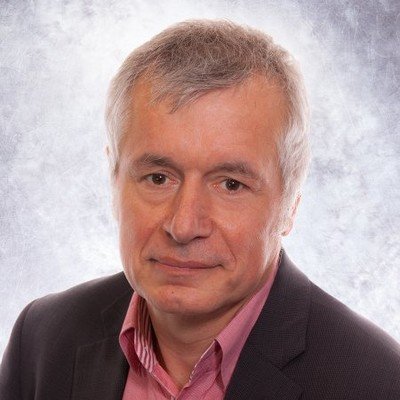
Dr. Vincent Ronfard
Chief Innovation Officer
Cutiss AG
SWITZERLAND
Vincent Ronfard is a cell biologist who is passionate about developing products that help people heal. His approach to research and collaboration has been shaped by his inter-disciplinary training (farming, engineering, and cell biology), exposure to different cultures, and core values – Creativity, Diversity and, Humanity.
He focused on skin grafting further during his PhD in Paris and worked on transplantation of cultured epithelial stem cells on fibrin substrate to treat burns.
He dedicated his career to skin biology and to the development of treatments for wounds at various international companies resulting in more than 32 years of experience in regenerative medicine and skin biology in the US, Europe, and Asia. He is currently Chief Innovation Officer at Cutiss AG.
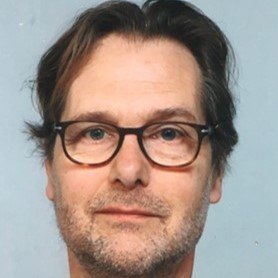
Dr. Marcel Hoefnagel
Medicines Evaluation Board
CBG-MEB
THE NETHERLANDS
Marcel Hoefnagel is a Senior Assessor of Biopharmaceuticals at the Medicines Evaluation Board (NL) and is specialised in cell & gene therapy products, vaccines, allergens and biosimilars. He was trained as biologist with PhD in Plant Biochemistry (Leiden University, 1993) and held several postdoc positions.
As a regulator he has initiated and contributed to research in Regulatory Quality Issues especially immune assays for biopharmaceuticals including ATMP.
Since January 2023 he is chairman of the Quality Innovation group (EMA) that supports Innovation in pharmaceutical manufacturing.
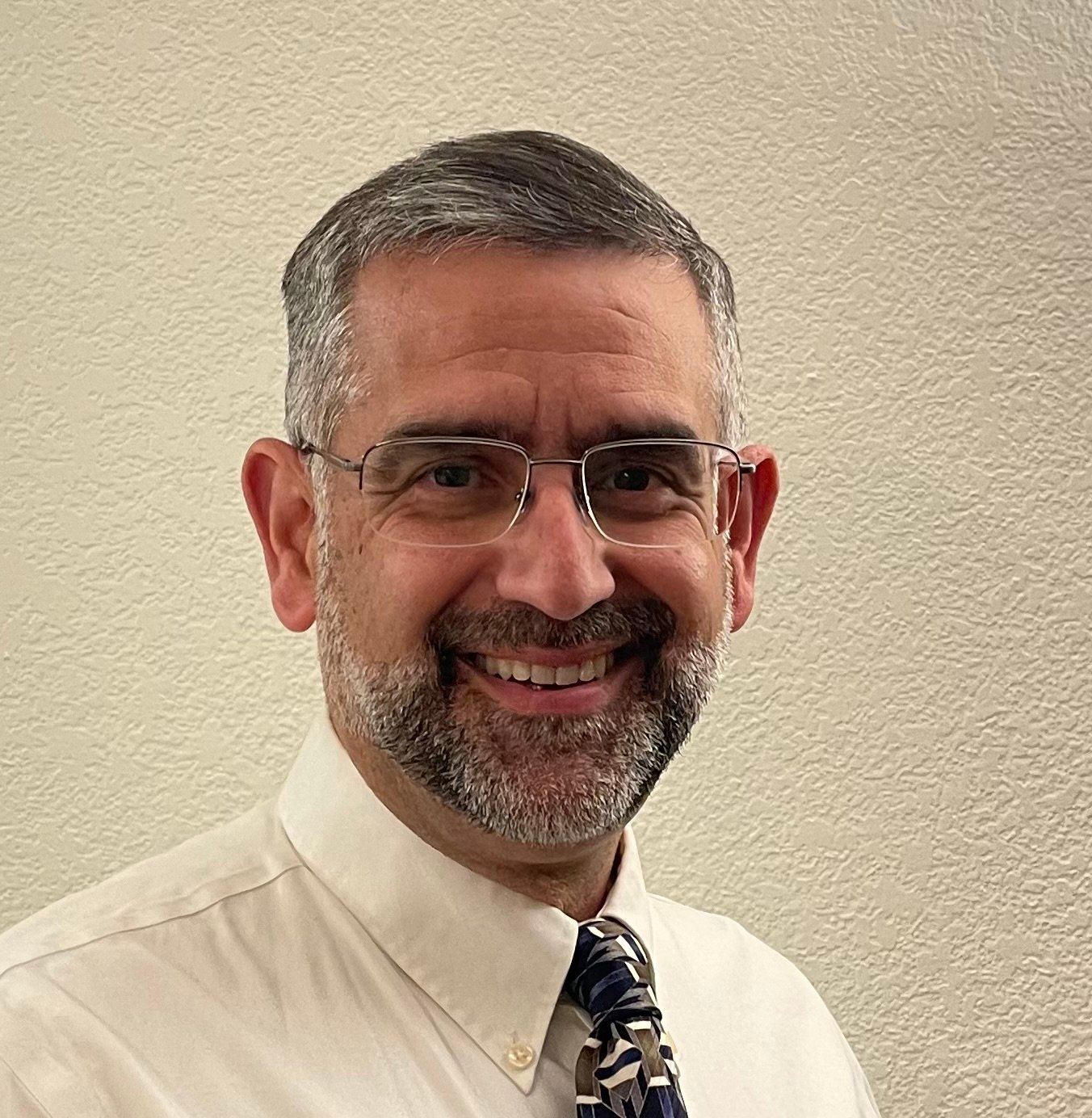
Prof. Brian Eliceiri
Professor of Surgery and Dermatology
University of California San Diego
USA
Dr. Eliceiri is a Professor of Surgery and Dermatology at the University of California San Diego. He received his PhD from Johns Hopkins University and Post-doctoral training from The Scripps Research Institute.
He is an established investigator in the area of intercellular signaling, exosome biology, and immunology with a focus on translational models of wound healing, burn and trauma.
He will present on recent progress on understanding how the formation of Exosomes is regulated, how functional exosome payloads are identified and establish novel strategies for the testing of the biological activity of novel candidate exosome-based therapeutics in wound healing.
